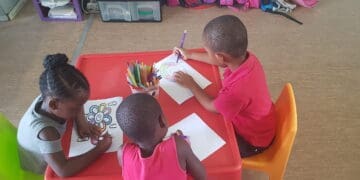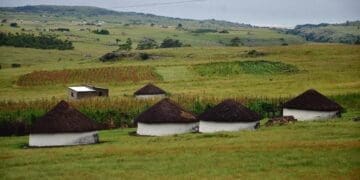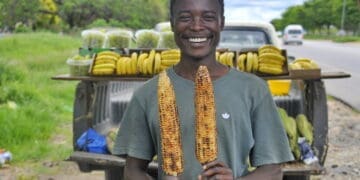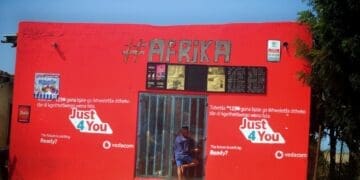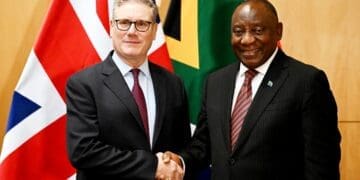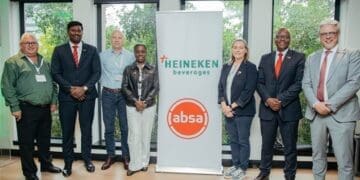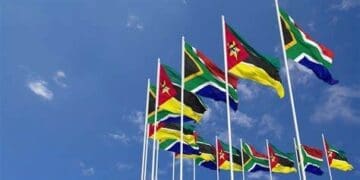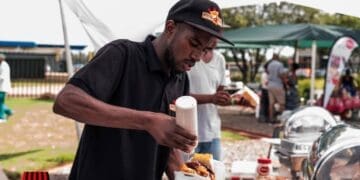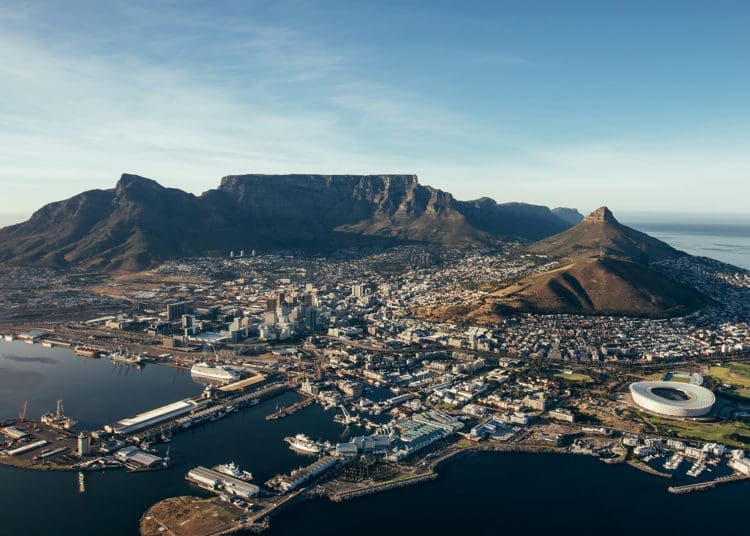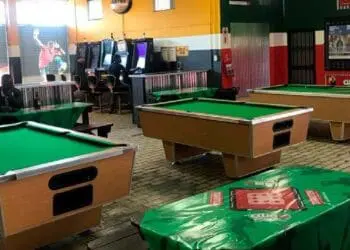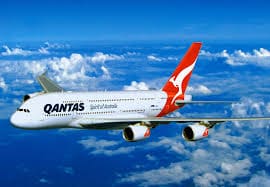While it could be argued that the South African tourism and hospitality sector has been hardest hit by the Covid-19 lockdown, what is even more devastating is the help it has received from the state, according to a researcher. As a result, the sector was hanging by a thread, said Institute for Economic Justice researcher Zimbali Mncube.
He told Vutivi News that if support was not ramped up, it was likely that most SMMEs in the sector would not survive. Mncube co-authored a policy brief titled: “Vulnerabilities for South Africa’s Covid-19 Third Wave”, which was released last week.
“Our work has shown that tourism is one of the hardest-hit sectors, and we have done an analysis of existing rescue plans to sectors, specifically the Tourism Relief Fund,” he said.
“When the fund was introduced, each business was supposed to receive R50,000, and many businesses were crying, asking when this fund would be released. The fact that only 4000 businesses are supported through the fund is shocking.”
Mncube said that accommodation recorded drastic drops in profit. It lost R15-billion in income between 2019 and 2020, which represented a profit decrease of over 60%. “This amount excludes restaurants, fast food outlets and taverns, covering lodges, B&Bs, self-catering establishments and guest houses and guest farms,” he said.
“The prospect of looking ahead five years is dependent on rescue measures in place, and there are currently no measures not only for business but for workers (as well),” he said. “The prospect of recovery is too early to speak of because businesses are suffering.
Will there be any small businesses to support in five years if businesses are suffering right now?” Mncube believed it was possible to strike a balance between saving lives and livelihoods in SMMEs in general. He said in other countries, SMMEs had been used to drive vaccination programmes.
“In a way, there has been no innovative strategy to ensure which sectors can help us tackle the vaccination programme,” the researcher said. “There is no conversation between government and affected businesses. The only communication is when lockdowns are imposed and vaccination drives are announced.”
Mncube said that in order to save sectors like tourism, the government needed to use grant funding.
“SMMEs play an important role, and measures that need to be put in place need to build resilience so that there is resilience among businesses to be able to weather the storm, and this speaks to helping small businesses with liquidity support,” he said.
“Most SMMEs have no savings to sustain them for a long time. Instead of using a loan scheme, we need to use mechanisms like grant funding, which is used in countries like Ireland, the United Kingdom and the United States of America, where businesses are incentivised to save workers.”
He said there needed to be long-term measures in place that ensured the training and upskilling of employees. Also, it must be ensured that SMMEs registered with the Unemployment Insurance Fund as many small businesses did not pay UIF, so, during a time of crises, staffers had no access to money, Mncube said.




